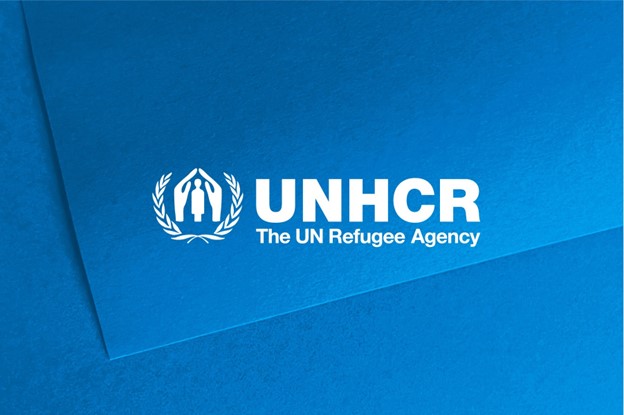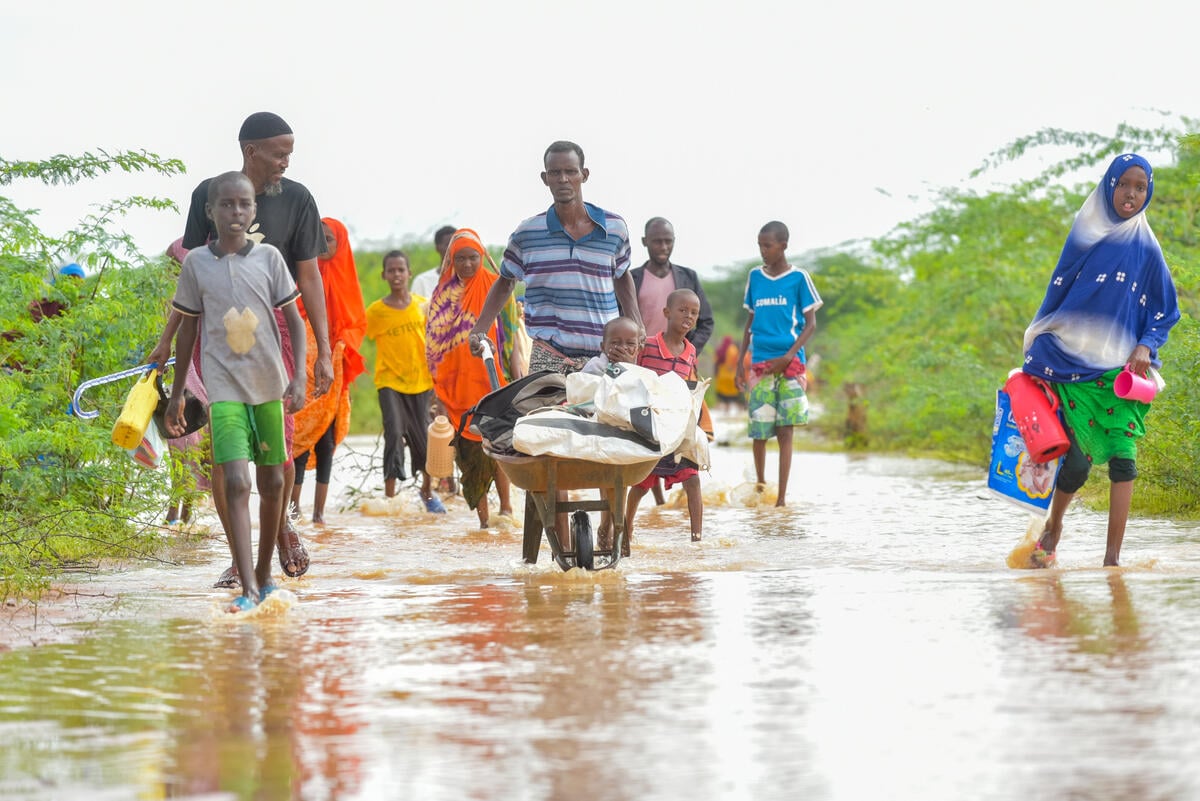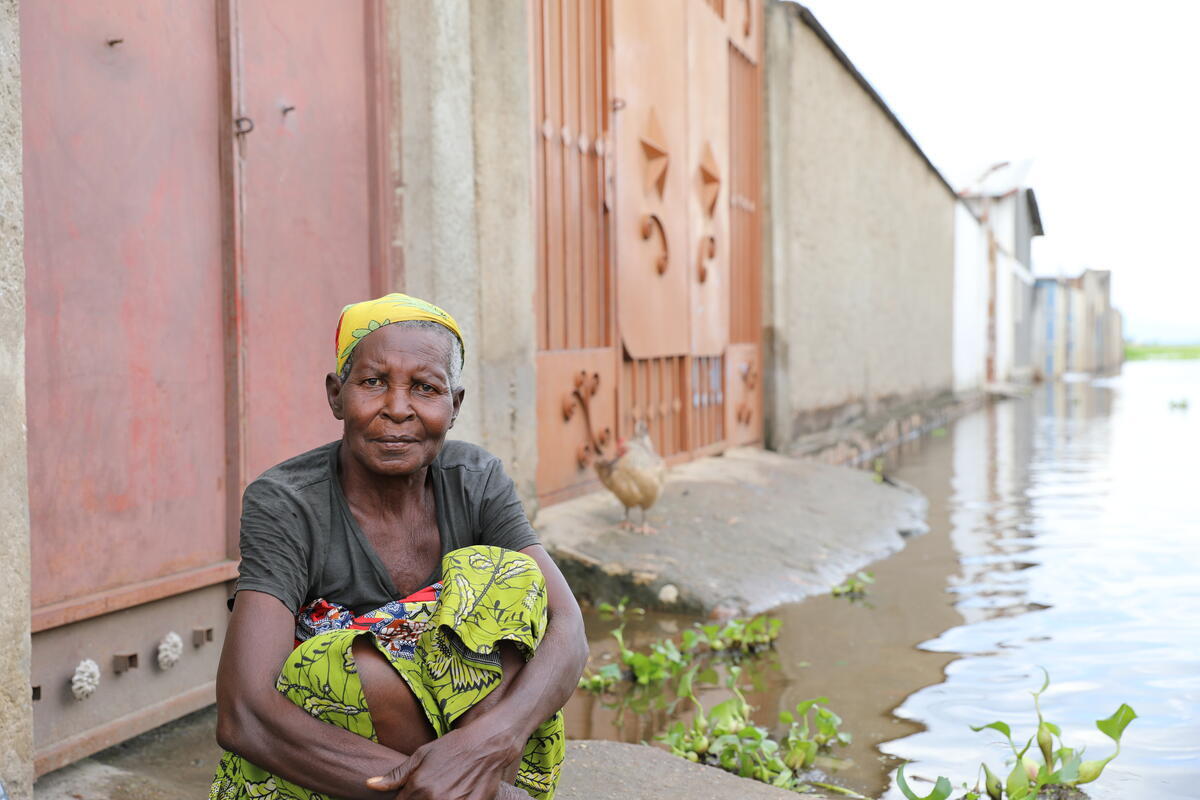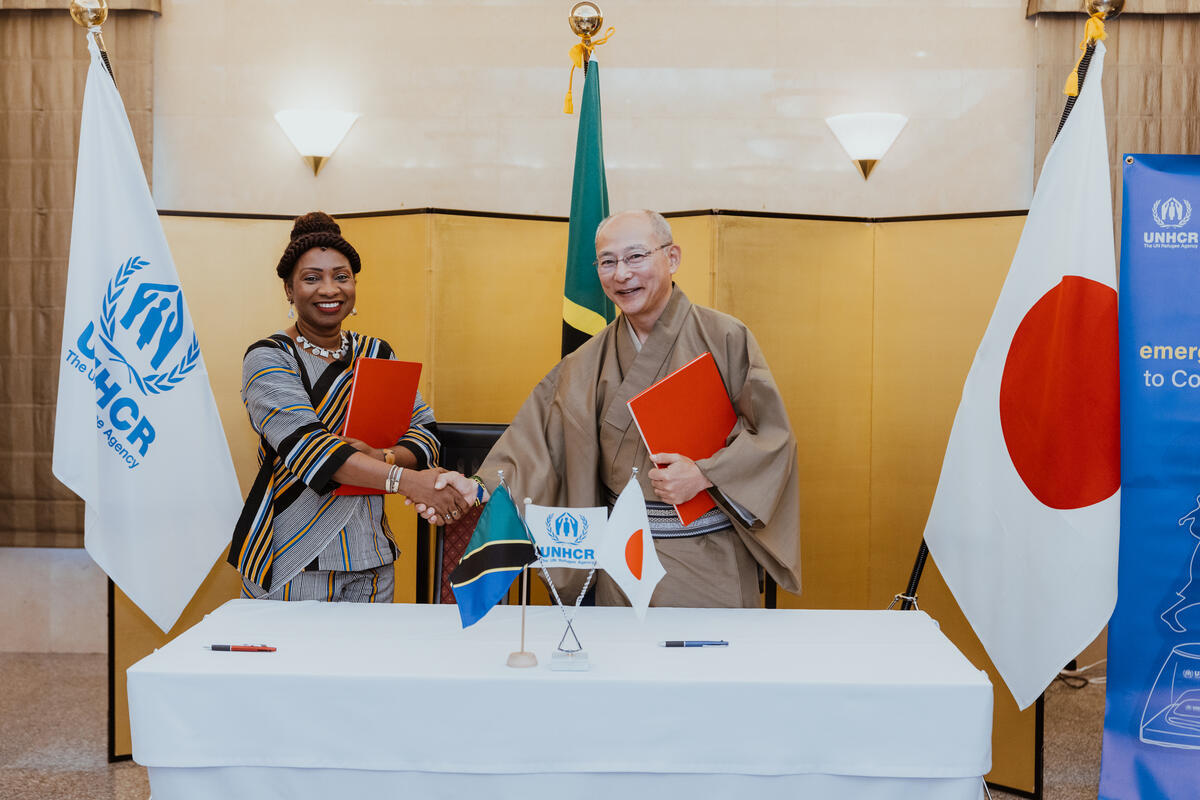Burundian widow overcomes tragedy by turning to public service

Burundian widow overcomes tragedy by turning to public service
Being a refugee is nothing new to Burundian widow Reulensia. At 42, the mother of one has fled conflict twice and undergone unspeakable tragedy.
Fleeing Burundi in 1996, she found refuge in Tanzania’s Nduta camp where she lived for over 10 years. She later returned to Burundi in 2012 with her family. However, her return home was short-lived and ended tragically after her husband and three children were killed by unknown gunmen, four years after they had moved back home.
“I escaped with my youngest child but I was shot in my left leg,” she says. “I still have a big scar to this day.”
Returning to Tanzania as a refugee was not something she imagined would happen again. Readjusting to life was a challenge although Reulensia was able to find her feet, thanks to some help from friends who she had found in the camp.
“My friends took care of me and my daughter,” she adds with a smile.
But after a few months, she grew restless as she needed a sense of purpose. During one of her visits to a friend in the camp, she learnt of a camp-wide cleaning campaign that needed volunteers.
“I immediately signed up as a volunteer to promote cleanliness and hygiene,” she recalls adding that she needed to keep busy.
“I feel happy as a woman when I use my platform as a leader to serve my community.”
The experience was transformative and ignited Reulensia’s passion for public service. Her commitment to serve did not go unnoticed and soon after, she was elected by refugees as a village leader and later as a zonal leader. Her dedication to serve others earned her a second term as a zonal leader.
“I feel happy as a woman when I use my platform as a leader to help serve my community and solve people’s problems.”
Zonal leaders are nominated and elected by the refugee community and serve for two years under the observation of the Ministry of Home Affairs, UNHCR and the Danish Refugee Council which is UNHCR’s camp management partner in Nduta.
“Being a zonal leader is a full time job which gives refugees a strong sense of purpose,” says Kevina Rugakingila, UNHCR’s Community Based Associate in Kibondo.

Reulensia adds that the opportunity to serve has taught her many lessons on appreciating diversity.
“Throughout the years, I have learnt to live with people from different backgrounds - something I would not have known if I was not in this position,” she explains.
UNHCR’s Kevina adds that Reulensia’s work has cemented her position in the camp as one of its most respected leaders.
“Throughout the years, I have learnt to live with people from different backgrounds.”
“Since the very beginning, she stood out as a strong woman with a great understanding of community issues,” notes Kevina. “She remains a big advocate for women and girls rights and we work closely with her to help mobilize the community, including men and boys.”
Reulensia is all too aware of the many challenges facing women who make up the majority of the refugee population in Tanzania which hosts about 330,000 refugees in the three camps. About 77 percent of the population is made up of women and children and over 58 per cent of families are headed by women.
“Being a woman is hard, but being a refugee woman is even harder,” she admits, adding that she hopes things will improve.
Refugee women face many challenges, including lack of gainful employment, the risk of sexual and gender-based violence and harmful cultural practices.
“We continue to live through the challenges in the hope of a better future for our children,” says Raulensia.









